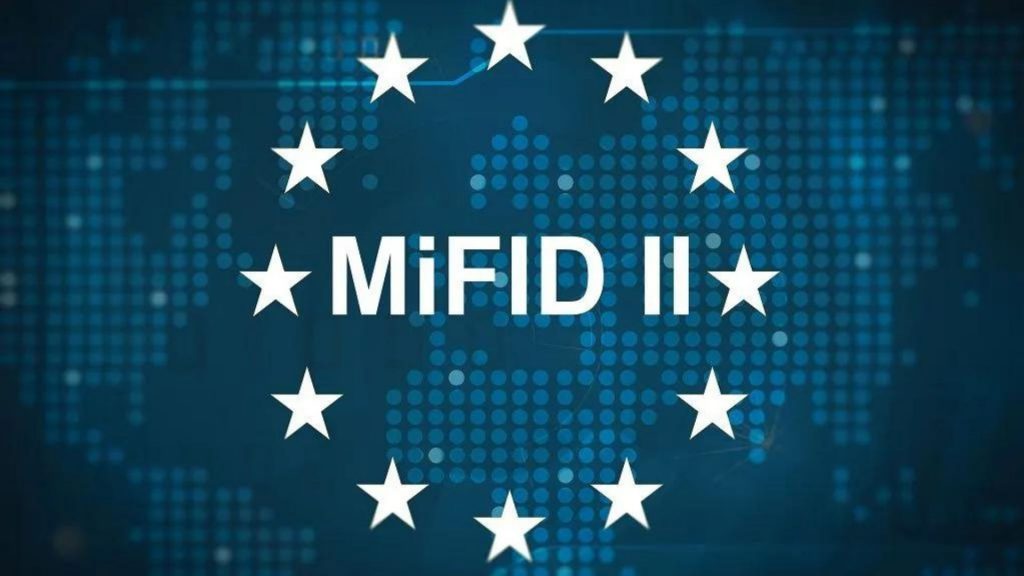The Markets In Financial Instruments Directives (MiFID II) is a directive that repealed the directive that was 2004/39/EC and also the Regulation on Markets in Financial Instruments. It was adopted by the European Parliament and the Council of the European Union. MiFID II extends the requirements under MiFID to cover more securities. Equities, commodities, debt instruments, futures and options, exchange-traded funds, and currencies all fall under its purview.
Markets In Financial Instruments Directives (MiFID II)
MiFID II is a legislative framework that was enacted by the European Union to regulate the financial markets and improve protections for investors. The aim is to standardize the market practices and restore confidence in the financial markets. MiFID II introduced product governance requirements. Investment companies that create products are required to identify a target market and take reasonable measures to distribute the product.
Markets In Financial Instruments Directives harmonizes the application of oversight and broadens the scope of the regulations. It imposes more reporting requirements and tests to increase transparency and reduce the use of dark pools and over-the-counter trading. Under the rules, the trading volume of a stock is limited to 8% over 12 months. The new regulations target high-frequency trading activities. Algorithms used for automated trading have to be registered, tested and have circuit breakers included.
The list of members includes the UK, Germany, Cyprus, and Italy, while those who have not communicated transposition status include Malta, Netherlands, and Bulgaria.
The manufacturer of the financial instrument must ensure that the financial instruments that it manufactures are designed to meet the needs of an identified target market of the end clients. It is to ensure that the strategy for distribution of the financial instruments is compatible with the identified target market, and reasonable steps are taken to ensure that the financial instrument is distributed to the identified target market.
Consideration of target market factors should permeate all aspects of product development and distribution, as well as ensuring the selection of appropriate distribution channels and the promotion of the financial instruments are accompanied by sufficient and correct information.
A manufacturer must maintain, operate, and review the process for the approval of each financial instrument, and significant adaptations of existing financial instruments, in each case before they are marketed or distributed to clients.
MiFID II introduces a market structure framework that closes loopholes and ensures that trading, wherever appropriate, takes place on regulated platforms. To this end, it subjects shares to a trading obligation. It ensures that investment firms that operate in an internal matching system to execute depositary receipts, client orders, funds, and other similar securities on a multilateral basis are required to be authorized as a multilateral trading facility (MTF).
It introduces an MTF platform, for non-equity instruments to trade only on structured MTF platforms. These rules level the playing field with Regulated Markets. The neutrality of market operators is required through the application of restriction rules to use their capital. A trading obligation occurs for shares and for derivatives that can be cleared under the European Markets Infrastructure Regulation (EMIR) and are liquid.
MiFID II places restrictions on the incentives paid to investment companies by the third party for the services provided to investors. It is a requirement that the brokerage houses can not charge the investors for the research performed and, transaction cost as a single bundle. Brokers have to report the trade data, including the share price, and volume. Brokers or investment advisors have to record all the communications, such as phone conversations.
The MiFID II improved the competition conditions applicable in the trading and clearing of securities and instruments. MiFID established a uniform EU regime for access to trading platforms. The transparent access requirement is a benchmark for trading and clearing, to ensure the smooth application of regulatory provisions.
Final Thoughts
The Markets in Financial Instruments Directive (MiFID) is a European regulation that increases financial market transparency across the European Union and standardizes regulatory disclosures required of firms operating in the European Union.
MiFID introduced new measures, such as pre- and post-trade transparency requirements, and established the standards of conduct that financial firms must follow. MiFID has a specific scope that primarily applies to stocks. The directive was written in 2004 and has been in effect throughout the European Union (EU) since 2007. In 2018, MiFID was replaced by MiFID II.




